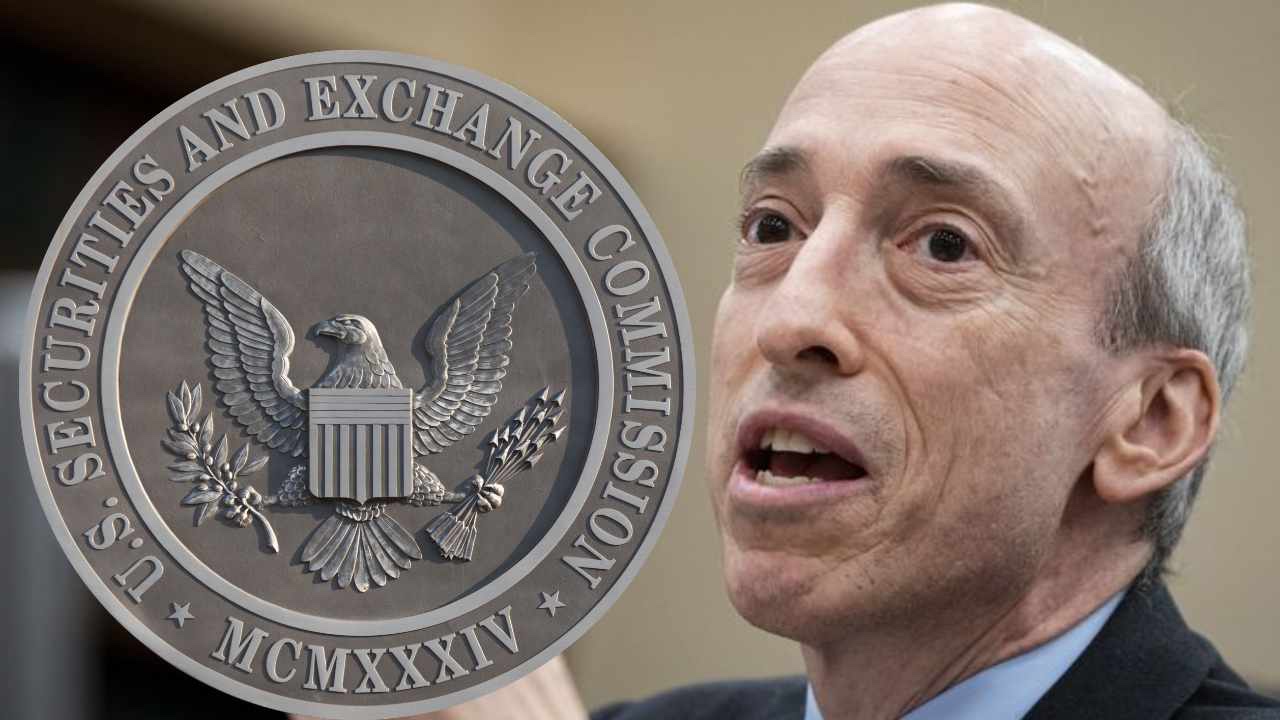[Value Coins][Currency]

The value created in the value chain of decentralized e-commerce is pegged to a specific currency along with the rewards of coins.
because it can provide a practical and standardized method for measuring the value of revenue from NFT.
It's important to carefully consider the choice of currency to peg the value to.
the value of Bitcoin can be seen as an indicator of trust and confidence in the underlying network and the principles it represents.
The value of the dollar, which has escaped the gold standard, comes from the power of the United States. Both Bitcoin and the dollar are based on trust.
Pegging a coin with intrinsic value generated in the decentralized e-commerce value chain to Bitcoin gives you a huge opportunity to grow along with Bitcoin's enormous possibilities. To be precise, NFT owners can synergize with Bitcoin.
NFT owners' synergies with Bitcoin contribute to the development of decentralized e-commerce. During Bitcoin's bullish period, it can be a leverage for the development of decentralized e-commerce. However, during periods of decline, it works in reverse. We are focusing on the stability of NFT owners' revenues. It also hopes that decentralized e-commerce will grow stably. Rapid changes caused by external variables are not conducive to sustainable growth.
In this respect, the dollar is more stable than Bitcoin.
Moreover, Powell's reference to stablecoins could mean that the U.S. government can guarantee the efforts of NFT owners.
Revenue from NFTs reflects inflation(Except for changes in product prices due to fluctuations in supply and demand). Therefore, the NFT itself also reflects inflation. However, the dollar and pegged coins are fiat currencies that do not reflect inflation. Even so, there is an opportunity to hedge against inflation through exchanges in the commodity trading market. Despite this process, using Bitcoin directly as a peg can result in all users being exposed to short-term volatility. The focus of decentralized e-commerce is not on developing a currency that reflects inflation. We are focused on reducing inefficiencies in the e-commerce market and creating and protecting consumers' assets and profits
Bitcoin is only 10 years old. It will evolve and there will be more adoption within society, but the fixed supply is a dilemma.






